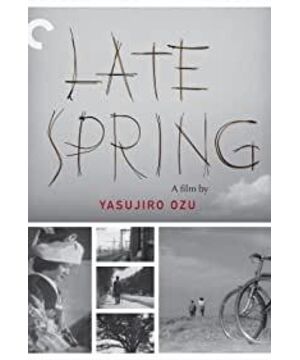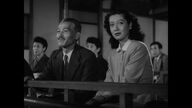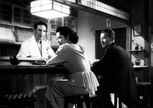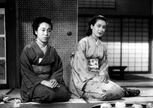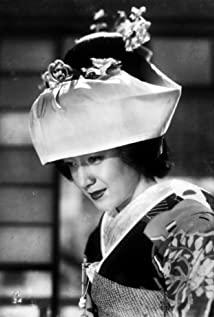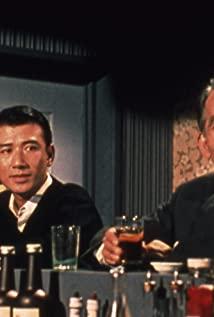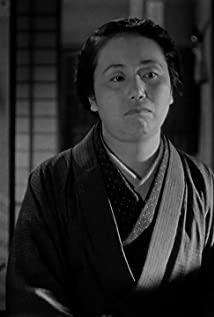For women, marriage may mean having another life, especially for Japanese women of that era. After marriage, they took their husband's surname, gave each other their husbands and raised children, and looked after their families virtuously, so the scenes in the film would appear. Ozu reflects an ethical phenomenon very well. This is not a simple "Electra complex". We worry about not being able to marry Zhou Ji when his daughter Noriko was not married. out.
What does the marriage of a daughter mean to a father? Zhou Ji exchanged the biggest lie of his life for his daughter's determination to create a happy marriage. The loneliness of "losing her daughter" flooded into her heart like a tide. At the end of the film, Zhou Ji returned home alone, bowed his head indifferently, and could only finely cut it. Holding the apple, melancholy and sadness overflowed from the tip of the knife. Li Zhizhong's subtle and restrained performance has well shaped the forbearance and duplicity of Oriental parents.
In fact, Setsuko Hara, who plays Noriko, has never been married. She is known as "eternal daughter", "eternal virgin" and "eternal saint". She is the eternal goddess in the hearts of Japanese men. The image is a good epitome of Japanese women.
Through this film, Ozu also told us some truths about married life. It is a wrong idea to expect sudden happiness. Happiness needs to be waited for, and happiness needs to be created by oneself. Happiness exists in the tempering of the new life shared by everyone. It is worth mentioning that although this film is black and white, the perfect spatial composition, the blank space like a landscape painting, the use of fixed low camera positions, the transition of empty shots, etc., are all too Ozu aesthetics. They are full of beauty, not colorful, but very gorgeous, just like bathing in the warm wind of late spring.
View more about Late Spring reviews


